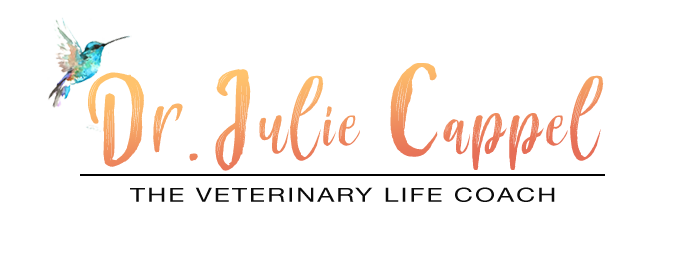Today is Halloween, a holiday that I have always enjoyed. In fact, after Christmas, I can honestly say it is my favorite. I'm not too fond of scary movies or haunted houses; fear is not fun. More specifically, I love the decorations, the costumes, the parties, and most importantly, the candy for the kids. My children are fully grown and living out of state, so I no longer experience costumes and trick or treating. (At least not until I have some grandchildren) I still decorate my house, buy candy, and wait in the doorway for the kids to come along with their cute costumes and proud parents. Tonight I was ready. I made little baggies full of candy tied with orange ribbons, three bowls of these pretty little packages. I put on the porch light, opened the door, and waited for the kiddies to arrive. When our neighborhood started moving at six o'clock, one young man and his Dad arrived. He was dressed as Fred Flintstone and was happy to say thank you three times to me. Twenty minutes later, I had a group of younger kids at my door, with their parents waiting out on the sidewalk. Most were dressed as cartoon heros and Disney princesses. Twenty minutes after that, my husband gave candy to three more children at the door as my dog Parker barked up a storm. Shortly after that, the wind started to blow, and the rain began to pour, and there were no other kids in view. I took a picture of myself and my candy to text to my kids, closed up the door, and turned off the lights.
I wanted to feel disappointed in the Halloween experience. I miss my family, I miss the neighborhood kids from the past, and I am left with three large bowls of beautifully wrapped candy with nowhere to go.
The truth is that I still feel happy about this Halloween, even though it seems like a giant bust. I know I get to choose how I want to think about anything, but it is often difficult to see the upside when negative things happen. That is when I need to coach myself to let go of the negative story and move on to feeling happy with my Halloween day.
How can we decide to feel happy when things do not go as planned?
Take stock of what you do have. When things feel negative, one of the quickest ways to start to see differently is to think about what you do have. You have gifts and advantages that you mostly take for granted. Seeing them through a lens of gratitude changes things. I have a house to decorate and cute decorations to put around my yard. I live in a neighborhood with many families that might enjoy my decorations. I enjoy my decorations because they make my house look warm and inviting. I have the financial stability to drive a car to take me to the store to buy the candy that I want to buy. I have the free time to spend waiting at the door for the kids. I also have a bunch of candy now that I can give to others or eat myself.
Let go of the past while remembering the joy it brought. Living in the present is the thing that makes us most happy; however, cherishing happy memories reminds us that we can and will be happy again. If I remember back to the great Halloween nights of the past, I may feel disappointed that this one was not as grand. However, if I remember the past but choose to value my present experience, I can find joy in what is happening now. The excitement of getting ready for Halloween was fun, so I decided to focus on that. I also was able to talk to and text with my family, which was fun as we shared photos of Halloween cards and our pets.
I loved everything about today in the big scheme of things; I didn't know it until I examined my story, coached myself, and decided that I enjoyed my entire Halloween experience.
Happy Halloween, everyone - now on to Christmas!!
Dr. Julie Cappel








